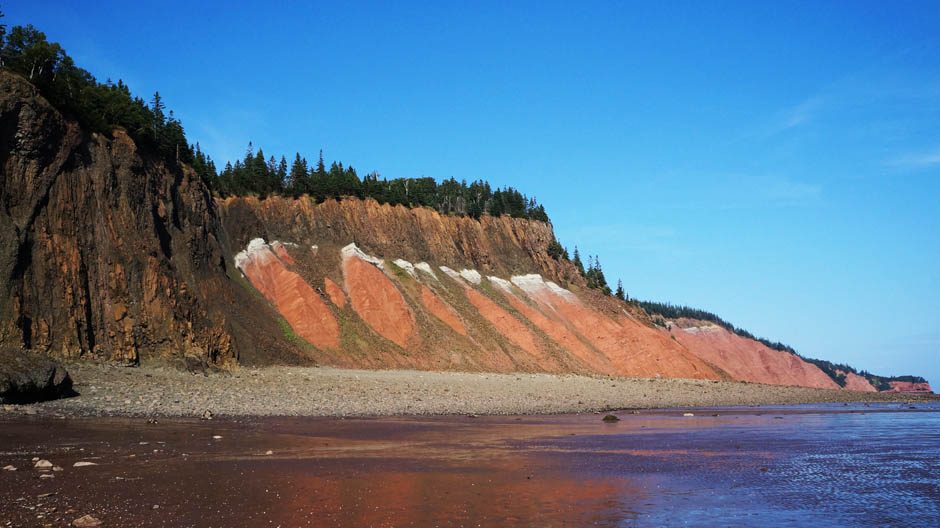 Dale Prest has highlighted a key change needed in Nova Scotia’s recently announced plan to adopt Cap and Trade: “Prest says the province needs to implement the right cap-and-trade system, one that openly trades with markets in Ontario, Quebec and California. But the province has initially committed to creating their own system, with all the trading done within Nova Scotia, although they’re open to options.” See CH article Nov 23, 2016.
Dale Prest has highlighted a key change needed in Nova Scotia’s recently announced plan to adopt Cap and Trade: “Prest says the province needs to implement the right cap-and-trade system, one that openly trades with markets in Ontario, Quebec and California. But the province has initially committed to creating their own system, with all the trading done within Nova Scotia, although they’re open to options.” See CH article Nov 23, 2016.
Prest believes that major financial benefits for woodlot owners and rural communities could be realized and that opening the market up would prompt a move “From one [a forest industry] that rewards a low cost of production that results in clear cutting, to one that rewards maintaining and growing a healthy forest as possible.”
———–
There would also be immense benefits for wildlife, fishing and hunting, tourism. But I think a key benefit to the province on changing its forestry practices could be this: as the deal has unfolded to this point, Nova Scotia would be allowed to “to use coal for a longer period than the 2030 deadline [to] lower costs for energy consumers” In order to do so, Nova Scotia would have to reduce CO2 emissions otherwise to make up, the so-called equivalency agreement.”That will mean reducing 4.5 megatonnes of CO2 emissions after 2030.” (Global News Nov 21, 2016). I suspect the figures would show that most or all of that requirement could be met by changing forestry practices to sustain high stocking levels with incremental (or no) removals. It’s even possible, given the currently degraded state of Crown lands, that function could be met by Crown lands alone. (More carbon is gained when we start form a lower initial level… however, if it’s too low the forest wouldn’t recover quickly.)
Think of it: Private woodlot owners get cash and improved forests out of Cap and Trade; the Crown land forests recover after centuries of degradation for the benefit of wildlife and recreation and, by reducing carbon emissions, even taxpayers. We need to work the figures folks. These are complex budgets and they will be scrutinized closely, but we have the experts in government, academia and business to do the job.
